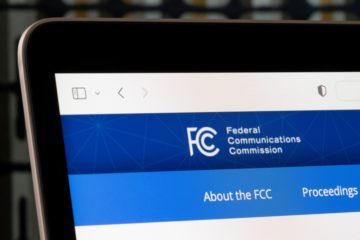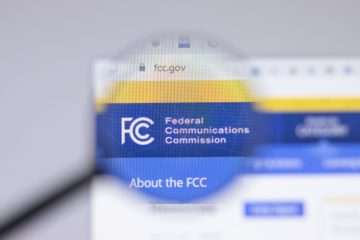The U.S. International Trade Commission recently released a 500-page report exploring the complex nexus of intellectual property, COVID-19, and access to essential drugs and tests. Despite the extensive analysis, the report notably refrains from drawing a definitive conclusion, leaving policymakers to navigate the nuanced terrain of innovation and public health. Commissioned by the U.S. Trade Representative in response to the Biden Administration’s decision to waive intellectual property rights related to COVID-19 innovations, the report delves into the potential repercussions of such actions on global health efforts. Market Institute President Charles Sauer dissects the report’s findings and underscores the critical role of intellectual property protections in incentivizing innovation while addressing the challenges of equitable access.
“In a recent 500-page report, the U.S. International Trade Commission (USITC) laid out its findings regarding intellectual property, COVID-19, and access to drugs and tests. To make a long story short, they didn’t really have a conclusion. That means that the Commission is very likely to suggest continuing to harm our innovation economy, because they also didn’t quantify the downside of doing so. Ruining any part of the economy is obviously a wrong choice, but the fairy tale of populism is alluring to politicians and bureaucrats alike.
The report was requested by the U.S. Trade Representative (USTR) in December 2022. It was requested because earlier in 2022 the Biden Administration decided to run over intellectual property rights, the only right explicitly protected in the original Constitution. The Administration gave other countries the ability to ignore intellectual property and freely steal U.S. innovations in regard to COVID-19.
It is questionable – and the report agrees – whether or not this move had any beneficial effects in diagnosing and treating COVID-19. The issue is pretty simple. COVID-19 therapeutics and diagnostics were being manufactured at plants in many regions already. In order to take advantage of the ability to steal intellectual property, countries needed to figure out production, fire up a plant, figure out how to produce the drugs and tests safely, and then they needed to distribute these products. These challenges all take time and money, as well as utilizing the resources already available. Additionally, before the Biden Administration’s giveaway, there were other ways that the pharmaceutical industry worked with countries that needed help, but none of them involved giving away intellectual property.
The end result is that it is a tossup whether access to treatment was increased – because demand was met without the expansion – and in the future fewer companies will race for solutions when they know that at the end of the day their government is likely to strip them of the reward to making the breakthrough.
Without intellectual property protections, we will be less equipped to deal with the next pandemic, whether that is in two years, twenty years, or two hundred years.
Patents can be hard to understand, but as far as the political fight is considered there are two ways to view them: they are either an incentive to innovate or they are impediments to access. The truth is that they are both. Patents provide an incentive for inventors to innovate and investors to invest, and they accomplish this by being an impediment to other people from stealing innovations and free riding on the R&D it takes to innovate – for a limited time.
The question that really needs to be asked then is, if something can be called an impediment if that innovation wouldn’t be there without a patent in the first place.
Tricky questions like this don’t fit well into a populist soap box speech, but they are also the right questions to ask. Entrepreneurs have to ask these hard questions of themselves and their businesses every day, but populist politicians are driven to take the easy way out. For instance, a business can always benefit from adding more employees or more machinery, but does the benefit outweigh the costs? Populists just ask, does this sound like a positive thing? If the answer is yes, they don’t really care about the effects in the short or long term.”


